When you’re applying to college, your essay can be a key part of your application. Admission offices receive hundreds of essays, making it hard to give each one the attention it deserves. To stand out, it’s important to start your essay in a way that grabs the reader’s attention from the very beginning.

✅ AI Essay Writer ✅ AI Detector ✅ Plagchecker ✅ Paraphraser
✅ Summarizer ✅ Citation Generator
Think of your essay’s introduction as a first impression. Just like a strong handshake or a friendly smile sets the tone for a conversation, a well-crafted opening sets the stage for the rest of your essay. Your goal is to intrigue the reader, making them want to read more.
How to Start a Personal Essay by Immersing Yourself in the Topic
Starting a personal essay can feel overwhelming, especially if you’re unsure how to begin. One of the best ways to kick off your essay is by immersing yourself in your topic. This means diving deep into your subject and exploring it from multiple angles.
First, it’s important to really get to know your subject. This isn’t just about reading a few articles or skimming a book. Spend some time thinking about your topic, researching it, and even discussing it with others. The more you learn, the more material you’ll have to draw from when you start writing.
Imagine you’re writing about a personal experience. Try to see it not just from your own point of view but also from the perspectives of others who were involved. What were their thoughts and feelings? How did the experience impact them? This approach can help you create a richer, more nuanced essay.
For example, if you’re writing about a family trip, don’t just focus on your own memories. Talk to your family members about their recollections. You might discover new details that you had forgotten or never knew about. This process can lead to unique insights that make your essay stand out.
Immersing yourself in your topic can also spark creativity. As you dig deeper, you might find connections between your subject and other areas of your life or broader themes. These connections can add layers of meaning to your essay and engage your readers on a deeper level.
How to Begin a Personal Essay with Narrative Framing
Narrative framing means setting your essay within a larger story, giving your readers a context that draws them in from the start. One of the best ways to do this is by starting with a personal anecdote or a historical event. A personal story can make your essay feel more relatable and real. For example, if you’re writing about overcoming a challenge, you might begin with a moment that captures the essence of that struggle. This helps your readers connect with your experience right away.
There are many benefits to this approach. First, it grabs attention. A well-told story is a natural hook that makes readers want to know more. Second, it sets the stage for your main message. You provide a backdrop that makes your main points more powerful and meaningful by framing your essay with a narrative. For example, if your essay is about the importance of resilience, you could start with a story about a time you faced a major setback. Describe the situation vividly, focusing on specific details that highlight your emotions and actions. This not only makes your essay more engaging but also shows your readers why resilience is important in a concrete way.
Challenge Common Assumptions in Your Introduction
When writing an essay, one powerful way to grab your reader’s attention is by challenging common assumptions. This means questioning widely accepted beliefs or presenting ideas that go against the grain. It can make your essay stand out and invite readers to think more deeply about your topic.
Starting with a counterintuitive idea or a provocative question can immediately engage your readers. It makes them pause and reconsider what they thought they knew. This approach encourages critical thinking and sets the stage for a thoughtful and insightful essay.
Instead of just presenting facts, you’re inviting your readers to explore a new perspective with you.
For instance, if you’re writing about technology, you could start by questioning the assumption that all technological advances are beneficial. Instead, you might present the idea that some technological developments can actually have negative effects on society. This kind of introduction not only grabs attention but also sets up a more nuanced discussion.
Let’s look at the three examples of essays that successfully challenge common assumptions.
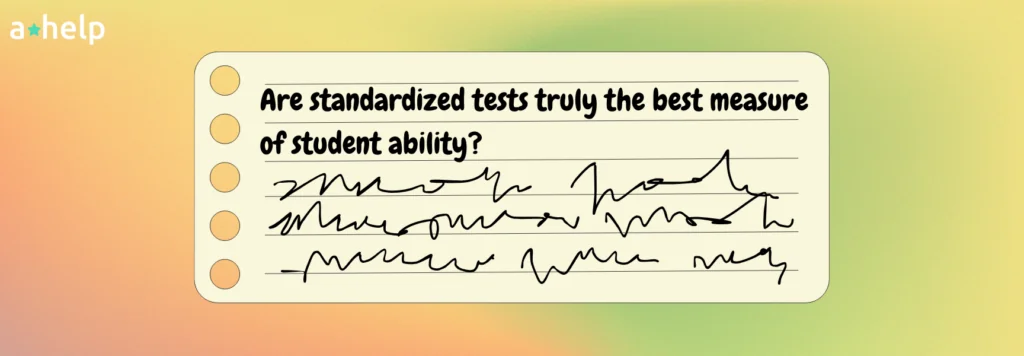
This essay could then present evidence that standardized tests often favor certain groups of students over others, highlighting biases in the system. It might explore alternative assessment methods like portfolio reviews or project-based evaluations, showing how these can provide a more holistic view of a student’s capabilities.
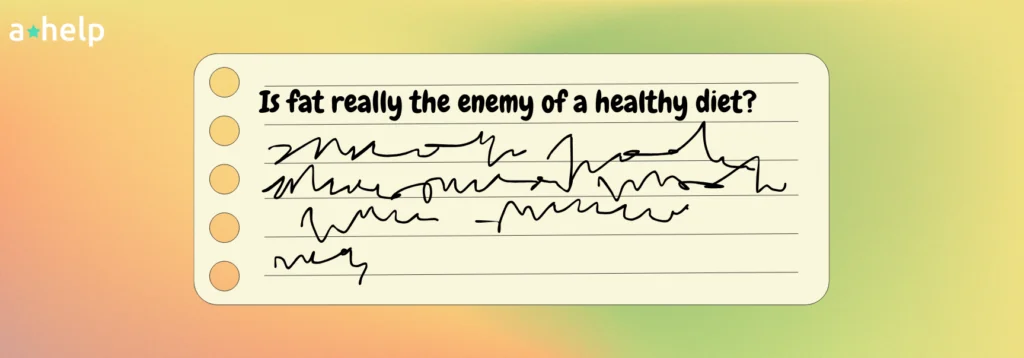
This essay could delve into the benefits of healthy fats found in foods like avocados, nuts, and olive oil. The writer can help readers understand that not all fats are harmful and that some are actually necessary for good health by contrasting these with trans fats and explaining their different effects on the body.
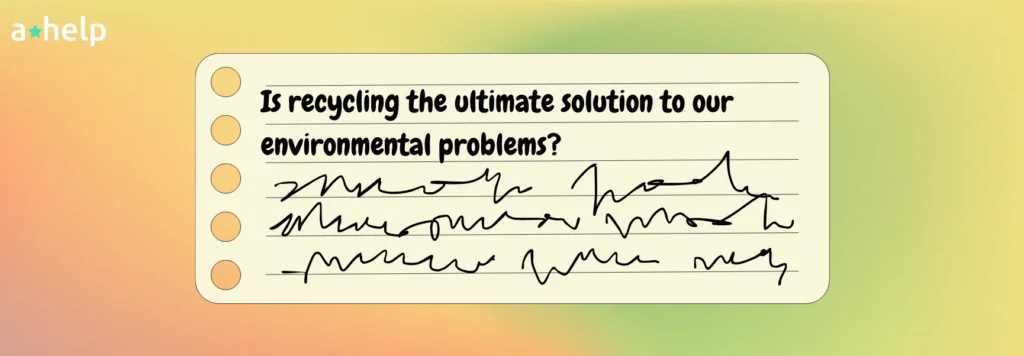
This piece could highlight the limitations of recycling, such as the fact that not all materials are recyclable and the process itself can be energy-intensive. It might suggest more effective ways to reduce waste, like reducing consumption and reusing materials, thus encouraging readers to think beyond the recycling bin.
Challenging common assumptions in your introduction captures interest and encourages your readers to engage with your essay on a deeper level. It’s a great way to start a meaningful conversation and make your writing memorable.
Set the Stage with a Hypothetical Scenario
Creating a hypothetical scenario can be a great way to highlight the relevance of your topic. You can make complex ideas more accessible and relatable for your readers by imagining a situation that connects directly to your subject.
Imagine you’re writing about the impact of technology on daily life. You could begin with a scenario like this: “Picture waking up one morning to find all your digital devices have stopped working. No smartphone, no internet, no digital assistants. How would your day unfold?” This scenario instantly draws readers in and makes them think about the significance of technology in their own lives.
A hypothetical situation helps to simplify complicated ideas. It gives your readers a concrete example to hold onto, making abstract concepts easier to grasp. This approach also engages their imagination and emotions, which can make your essay more memorable.
Here are some tips for crafting an engaging hypothetical scenario:
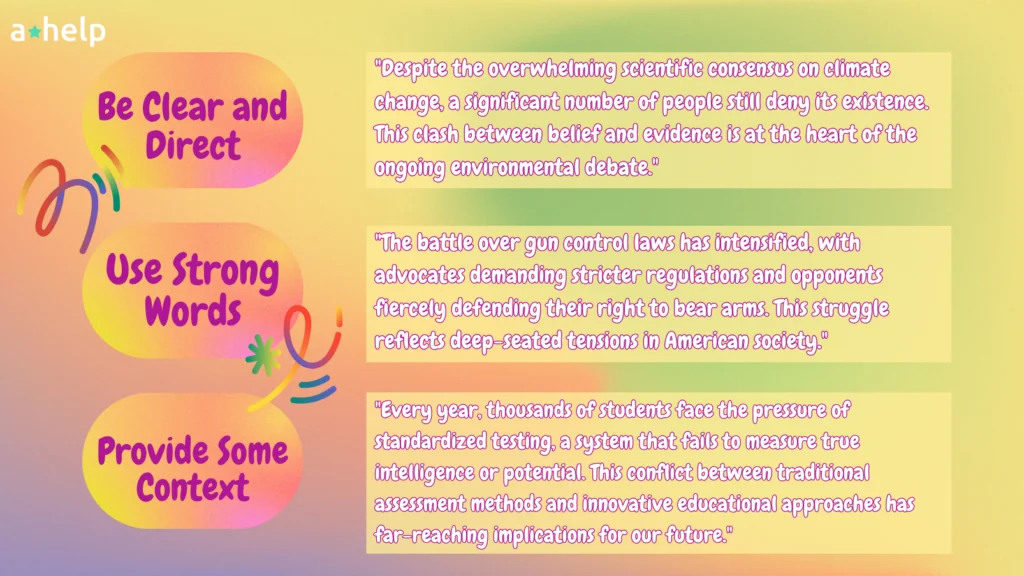
When you set the stage with a hypothetical scenario, you create a strong opening that captivates your readers and makes your topic feel immediate and relevant.
Introduce a Tension or Conflict Right at the Start
Who doesn’t like drama? A tension or conflict can make your writing instantly engaging since it provokes readers to feel emotions and they get curious about what kind of view you will present. Talking about a problem or a clash of ideas right away grabs your readers’ attention.
Imagine you’re writing about climate change. You could start with a tension like this: “Despite overwhelming evidence, some people still deny climate change. What happens when their views clash with scientific facts?” This introduction sets up a conflict that immediately draws readers in, making them want to know more about the arguments and the resolution.
Creating tension or conflict in your introduction can evoke curiosity, concern, or excitement. This emotional engagement is a great way to start because it helps your readers connect with your essay on a deeper level. When readers feel something, they are more likely to stay interested and invested in what you have to say.
How the Intro Influences Your Personal Essay Outline
What comes after the introduction? Right, the essay itself. Think of your intro as setting the stage for everything that follows. A strong intro grabs attention and helps you organize your thoughts and structure your essay.
Your introduction is a roadmap. It gives your readers a preview of what to expect and helps you stay on track.
For instance, if you start with a personal story, your outline will likely follow the narrative structure of that story. This makes it easier for you to decide what points to include and in what order.
Starting with a question or a bold statement can guide your outline too. If your essay begins by questioning a common belief, your outline will include sections that explore different viewpoints and provide evidence to support your argument. This approach helps ensure your essay is logical and cohesive.
Here are a few tips on how your intro can shape your essay outline:
- Set the Tone. Your introduction sets the tone for your essay. If you start with an emotional anecdote, your essay might follow a more personal and reflective tone. If you start with a fact or statistic, your essay might take on a more analytical tone.
- Highlight Main Points. Use your intro to hint at the main points you’ll cover. This helps you create an outline that flows naturally from one point to the next.
- Create a Hook. An engaging intro with a strong hook can keep your readers interested and eager to read more. This means your outline should maintain that interest by including compelling points and evidence throughout.
For example, if your intro is about a life-changing event, your outline could include sections on what led up to the event, how it unfolded, and its impact on your life. Each part of your essay will then connect back to the theme introduced in your opening.
FAQ
Follow us on Reddit for more insights and updates.


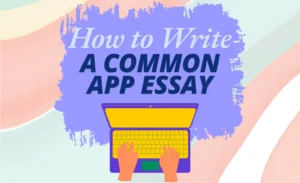
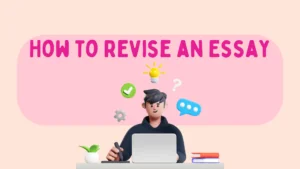
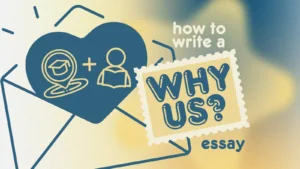
Comments (0)
Welcome to A*Help comments!
We’re all about debate and discussion at A*Help.
We value the diverse opinions of users, so you may find points of view that you don’t agree with. And that’s cool. However, there are certain things we’re not OK with: attempts to manipulate our data in any way, for example, or the posting of discriminative, offensive, hateful, or disparaging material.